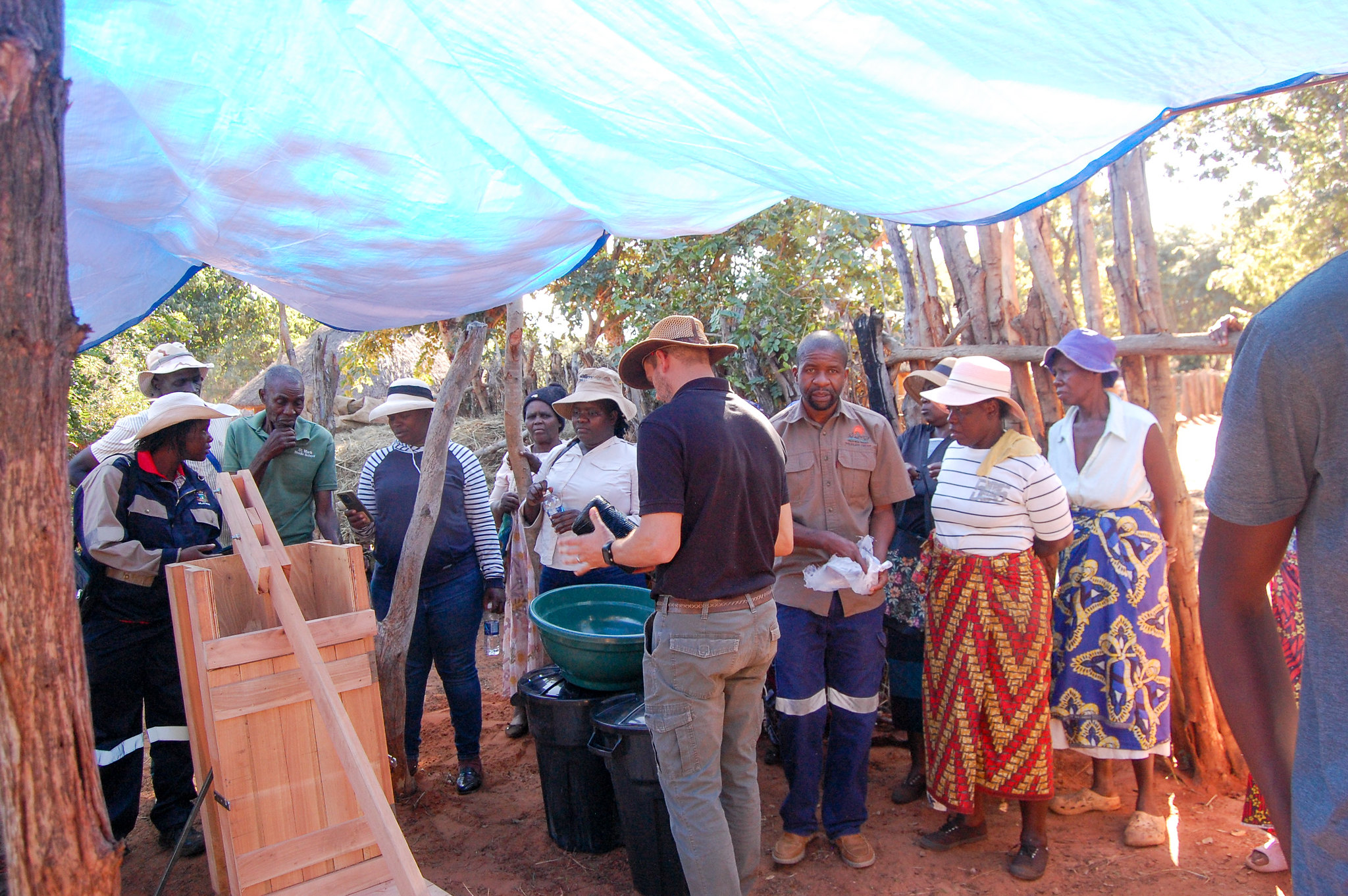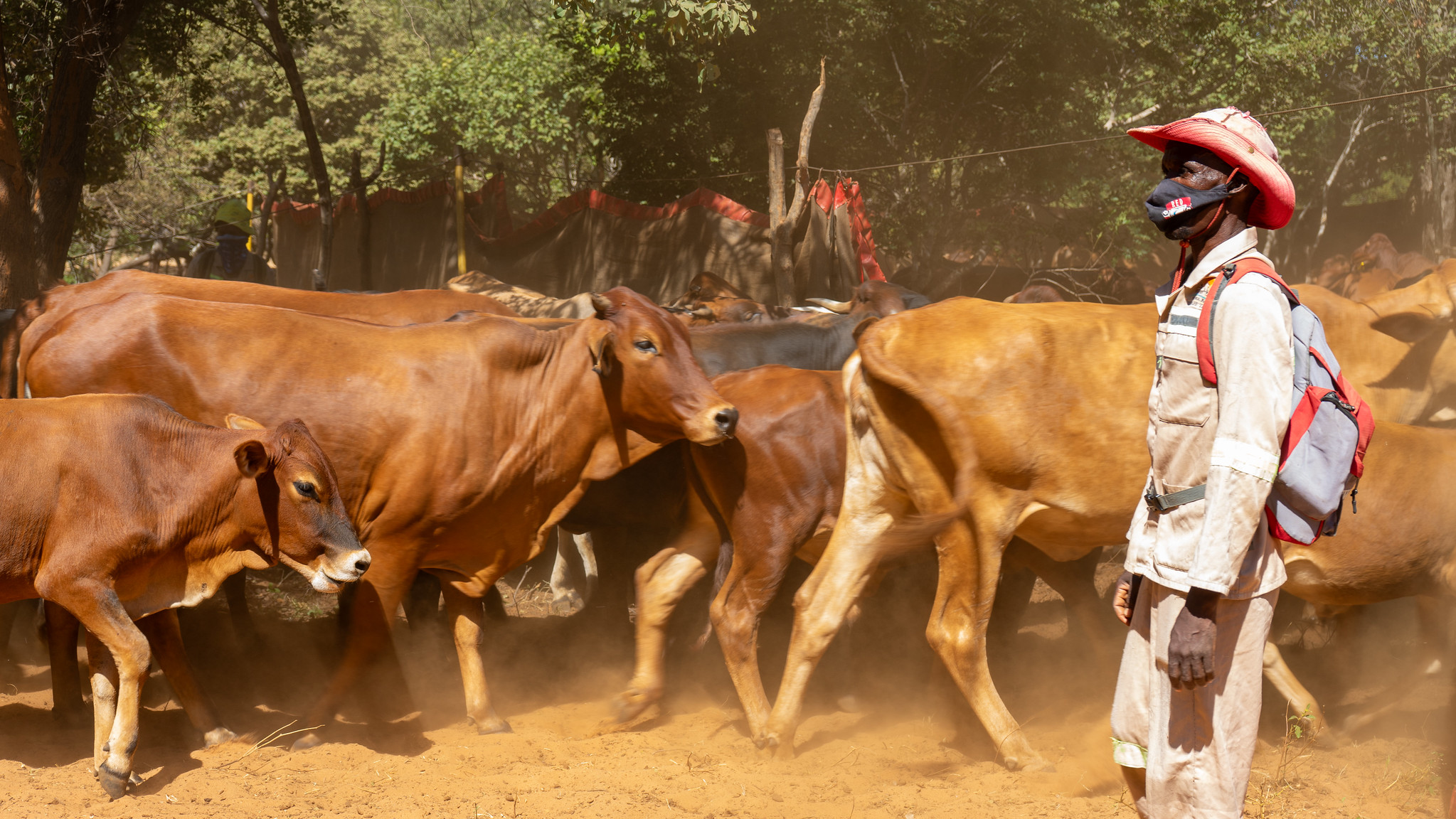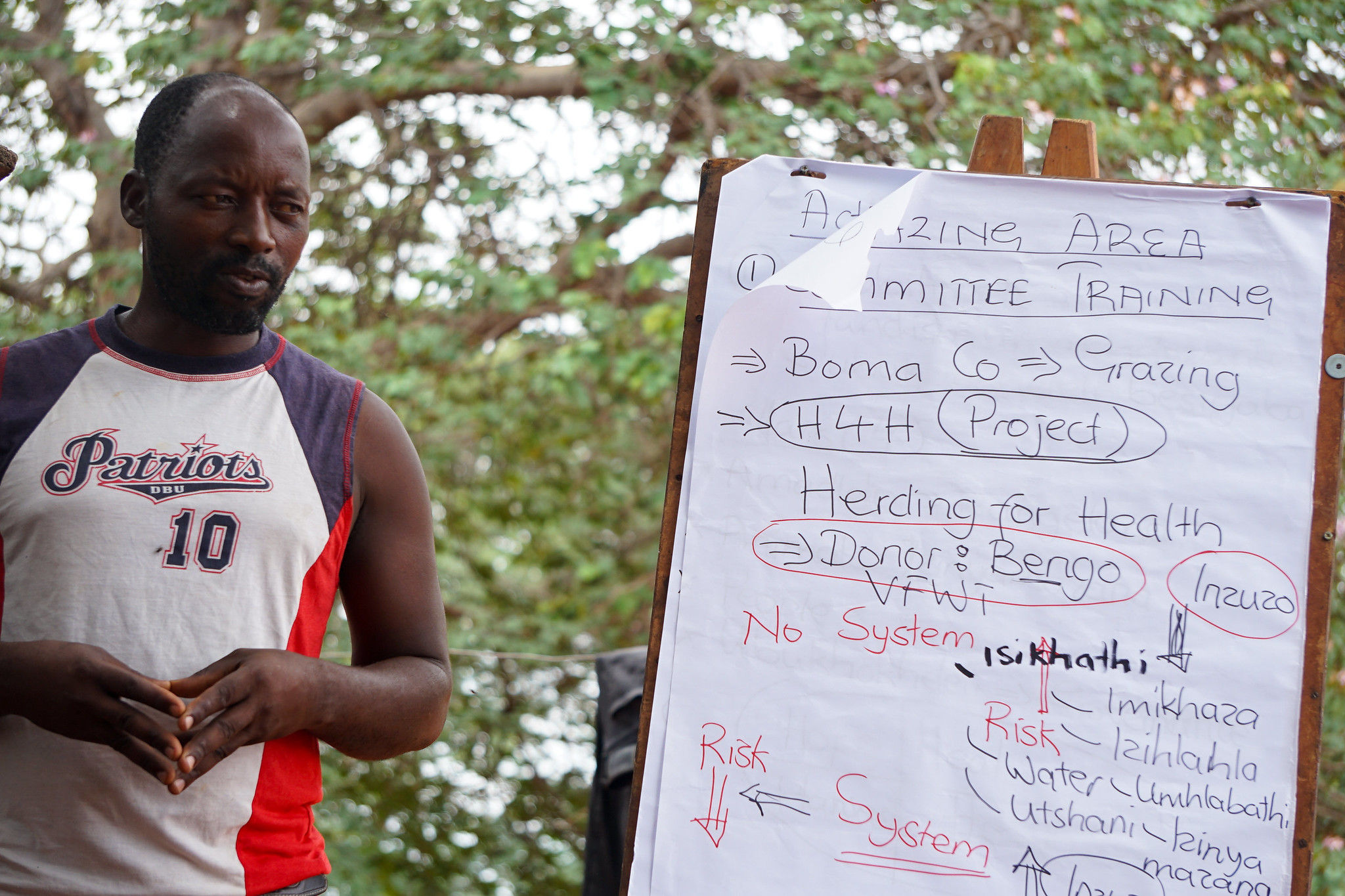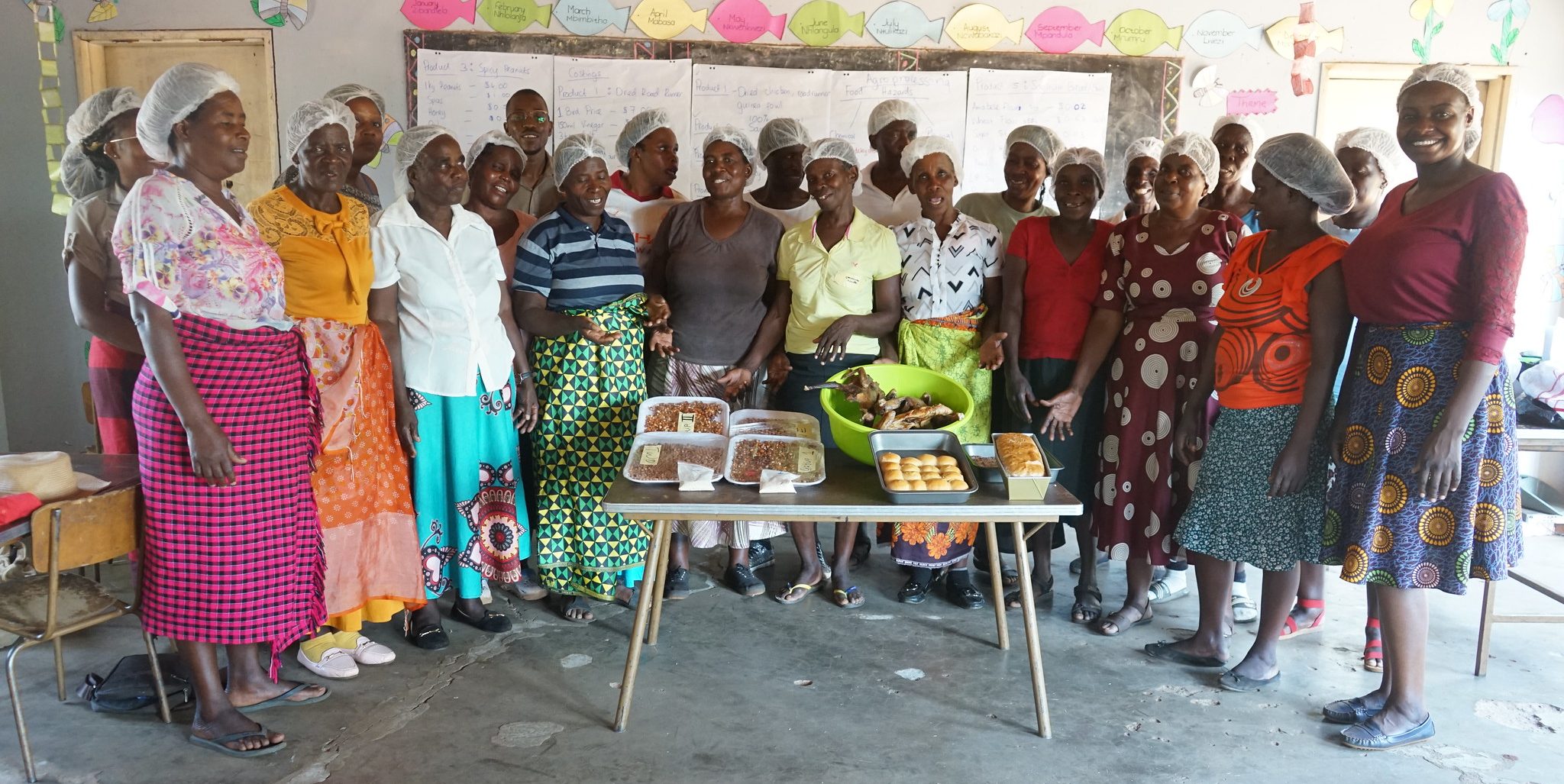At Victoria Falls Wildlife Trust (VFWT), we believe that conservation cannot succeed without the inclusion and well-being of the communities who live alongside wildlife. Our Community Development Program is founded in the understanding that sustainable livelihoods, access to education, improved health all are essential to protecting our natural heritage.

The communities bordering protected areas, including those around Victoria Falls and Zambezi and Hwange National Parks face numerous challenges- poverty, limited access to basic services, human wildlife conflict, and climate related pressures on traditional livelihoods.
By addressing these challenges through community led initiatives, we reduce pressure on wildlife and habitat while improving quality of life for those people that bear the highest cost to live alongside of it.
“Each step across rested paddocks grows life — richer soil, stronger cattle, and a thriving land.”
Herder
We take a holistic, participatory approach that puts local people at the centre of conservation. Our work focuses on:


"Herding for Health has shown me the power of community-led land stewardship — restoring ecosystems, supporting livelihoods, and connecting people to the land."
Implementing officer
VFWT has established community led regenerative livestock husbandry structures called Grazing Area Committees (GACs) and Ecoherders following the REHerd Model. Together, we undertake activities ranging from rangeland restoration through controlled grazing, herd health management (annual vaccinations and weekly dipping) supported by resident veterinarians, and herd nutrition managed through supplementary feeding during the lean season. This mix of indigenous and scientific knowledge helps to significantly improve the rangelands and reduce livestock predation. This wildlife friendly beef product is linked to tourism market within Vicfalls, ensuring the local farmers have improved incomes.
Farmers trained and supported under this program kraal their combined herds on their crop fields during the dry season contributing to improved soil fertility and better yields. In the wet season, the livestock is kraaled on degraded rangelands and grass production enhanced through grass seeding.

Over the years, VFWT has reached thousands of individuals across the region through our community programs. Families now have alternative livelihoods that reduce dependence on natural resources, schools are better equipped with conservation learning materials, and youth are stepping up as conservation leaders of the future.
In partnership with local leadership, government, and international donors, we are making meaningful, lasting change.
Livestock infrastructure / Infrastructure that supports livestock and crop production
VFWT also works to improve livestock infrastructure through water provisioning. The water is linked to fodder and vegetable production. These water points save to also improve access to clean and safe water for domestic use by the rural communities.
Each year, we empower a group of women to build new and sustainable livelihoods. Through hands-on Financial Literacy Training and practical skills in Food Processing and Packaging, we help them unlock opportunities that strengthen both their families and communities.

Whether you’re a donor, partner organization, or a visitor to the region, you can be part of this journey. Supporting our Community Development Program means investing in the people who are vital to conservation success.
Together, we are building a future where people and wildlife thrive side by side.